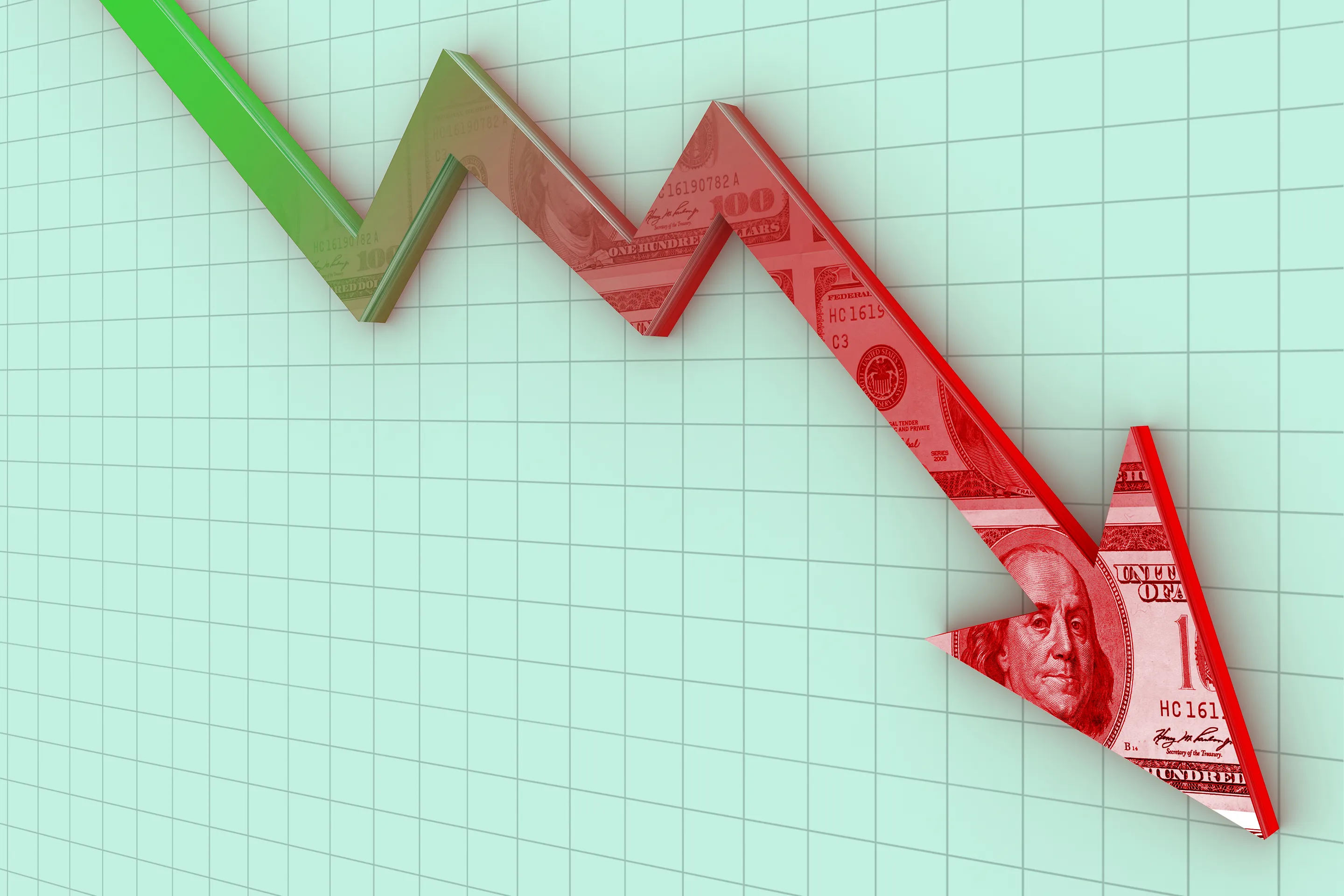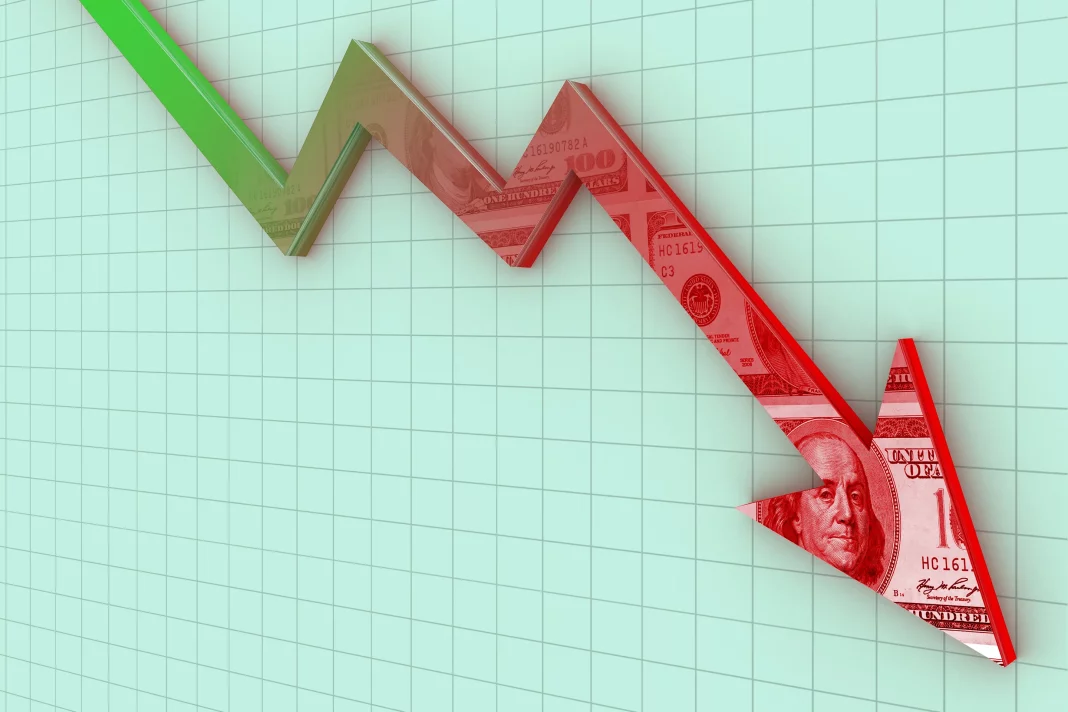 Consumer Confidence Declines for Fifth Consecutive Month, Signaling Recession
Consumer Confidence Declines for Fifth Consecutive Month, Signaling Recession
Introduction:
The Conference Board’s Consumer Confidence Index has revealed a concerning trend, as consumer confidence among Americans has fallen for the fifth month in a row. The survey indicates that near-term expectations about the economy and income have also decreased.
Consumer Confidence Index:
The Consumer Confidence Index dropped from 101.3 in May to 100.4 in June. Notably, consumers in the 35–54 age group experienced the most significant decline. In contrast, younger consumers below the age of 35 and older consumers above 54 showed improved confidence this month. Dana M. Peterson, chief economist at The Conference Board, noted that confidence remained highest among the youngest and wealthiest consumers.
Expectations Index:
The Expectations Index, which considers consumers’ short-term outlook for income, business, and labor market conditions, also experienced a decline in June. This index has now remained below the 80 level for five consecutive months, typically indicating a recession.
Factors Impacting Consumer Views:
Elevated prices, particularly for groceries and food, were the primary factors impacting consumer views about the state of the economy. The labor market came in second place, followed by concerns about the political situation in the country.
Contrasting Outlook:
While The Conference Board’s report showcases concerns among Americans about their near-term prospects, a report by the Federal Reserve Bank of New York presents a contrasting outlook. The report reveals that U.S. households have become “more optimistic” about their future financial situation. Perceptions about current financial situations improved, with fewer respondents reporting being worse off than a year ago.
Spending Plans:
Consumers’ spending plans over the next six months were mixed. Interest in booking vacations and purchasing smartphones or other big-ticket appliances increased slightly. However, fewer people planned to buy laptops or PCs, and car purchasing plans stalled. Home buying intentions remained at a historically low level in June.
Inflation and Interest Rates:
The declining consumer confidence coincides with the challenges of elevated inflation and interest rates. Annual inflation has remained at or above 3 percent since June 2023, while the Federal Reserve has maintained interest rates between 5.25 and 5.5 percent since July of last year.
Insights from Peter Tarr:
Wealth management specialist Peter Tarr highlights that the confidence index is currently at its lowest level since 2011. He notes a disconnect between government officials and the Federal Reserve’s claims of an improved economy and individuals’ contrasting sentiments. This calls for interest rate cuts, as the economy appears to be divided between the wealthy benefiting from rising asset prices and high cash rates, while others struggle with higher costs and borrowing rates.
Potential Impact of Interest Rate Increases:
Neel Kashkari, president of the Federal Reserve Bank of Minneapolis, has not ruled out potential interest-rate increases. While keeping interest rates unchanged is the more likely outcome, he stated that if data surprises the Federal Reserve, they would take necessary actions to bring inflation back down to their 2 percent target.
Conclusion:
The continuous decline in consumer confidence signals a recessionary situation in the United States. Factors such as elevated prices, concerns about the labor market, and the political situation contribute to this decline. While there is a contrasting outlook reported by the Federal Reserve Bank of New York, concerns about inflation and interest rates persist. Wealth management specialist Peter Tarr emphasizes the need for interest rate cuts to address the economic challenges faced by individuals. The future course of interest rates remains uncertain, but the Federal Reserve is open to adjustments based on data-driven decisions.

